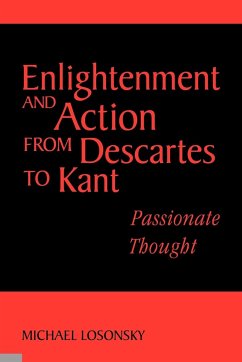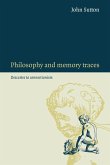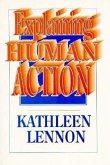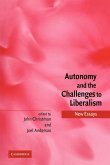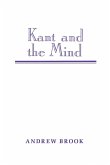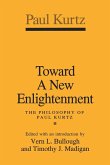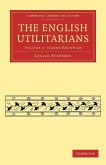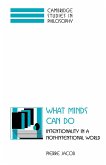Kant believed that true enlightenment is the use of reason freely in public. This is the first book to trace systematically the philosophical origins and development of the idea that the improvement of human understanding requires public activity. Michael Losonsky focuses on seventeenth-century discussions of the problem of irresolution and the closely connected theme of the role of volition in human belief formation. This involves a discussion of the work of Descartes, Hobbes, Locke, Spinoza, and Leibniz. Challenging the traditional views of seventeenth-century philosophy and written in a lucid, nontechnical language, this book will be eagerly sought out by historians of philosophy and students of the history of ideas.

